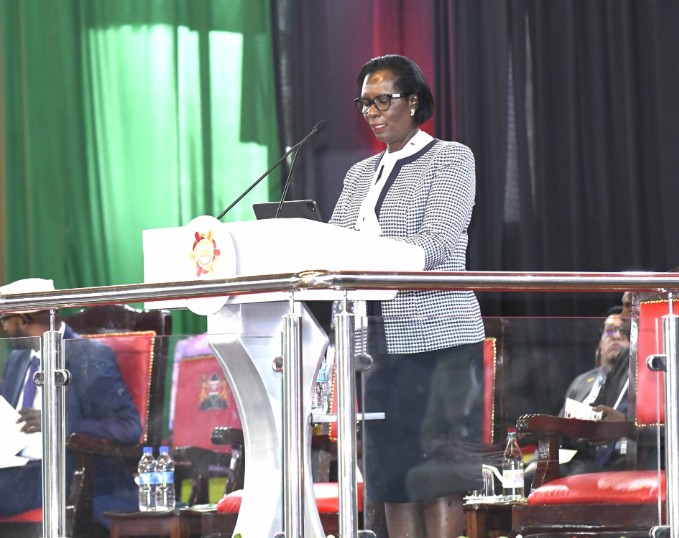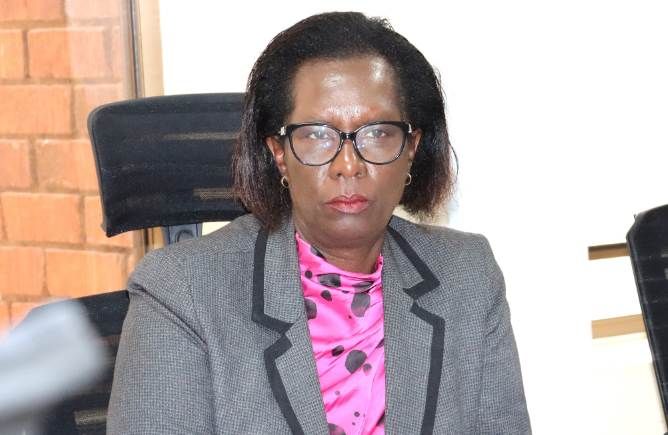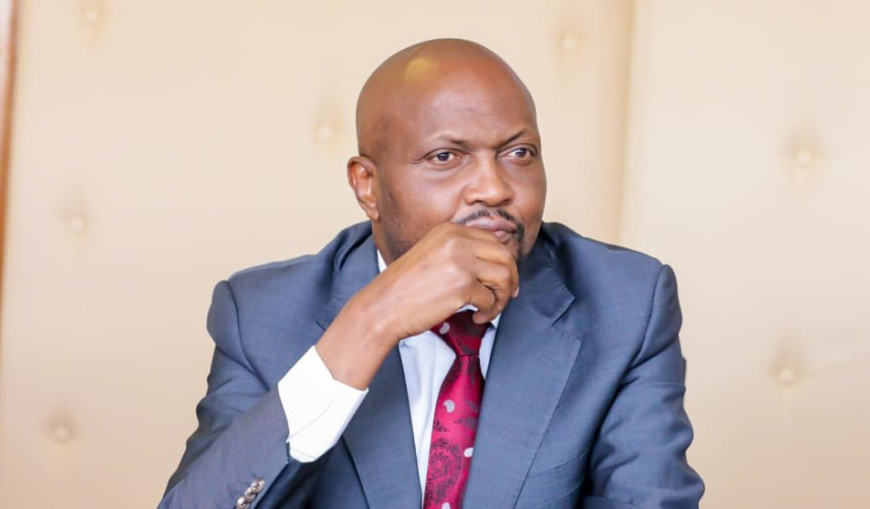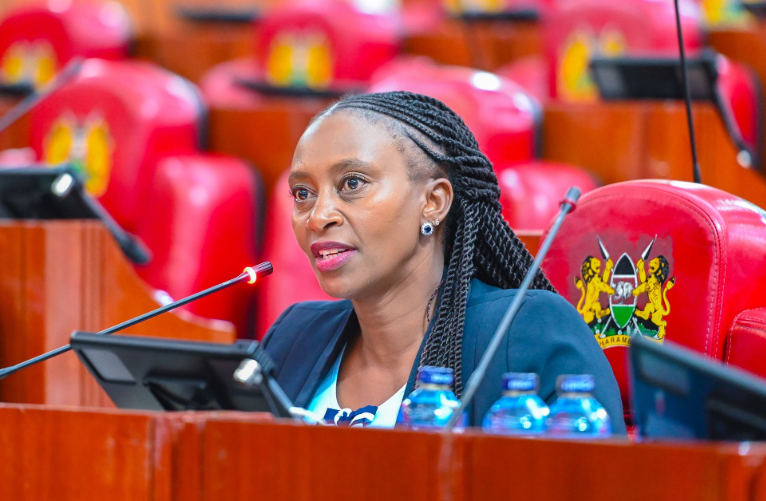‘You will not be liked’ – outgoing SRC chairperson says as her term ends

Outgoing Salaries and Remuneration Commission (SRC) chairperson Lyn Mengich on September 2, 2024, recounted her six years at the institution, urging her successor to be firm.
In an emotional farewell speech, Mengich who was appointed to head the salaries body during former president Uhuru Kenyatta’s last term mentioned that balancing the interests of the public against that of public officers was challenging.
“It is not always comfortable, it is not always rosy, it is not a position to be liked, because you will not be liked,” Mengich stated.
She added: “The job of the commission is not very easy as you all know. It requires courage and one to stand per the constitution; not what others want because it requires a very good balance between what the citizens want and what the public officers want. Those two are not always in congruence. One would rather our pay is increased, but at what expense?”
Mengich urged her successor to stick by the constitution and have the interest of the citizens at heart as during their tour of duty.
“As our term comes to an end, it is really to say to the incoming commission to stand by the constitution stand by the people of Kenya, stand by what they expect and put the interest of the country first, not personal interest,” Mengich said.
SRC controversy
While the commission noted that it had attempted to reduce the public wage bill during its six-year tenure, Mengich cautioned that more work still needs to be done to achieve the 35 per cent target by 2028.
During a presser in July, the outgoing SRC chairperson said the current wage bill-to-revenue ratio is at 46.64 per cent down from 54.77 per cent during the 2020-2021 financial year.
However, at the height of the Finance Bill 2024 protests, SRC found itself on the wrong side of the wave when reports emerged that it was planning to effect a planned increase of state and public officers’ pay by 2-5 per cent.
While SRC defended the move saying the salary increments had been delayed for two consecutive financial years as a result of the shocks of the COVID-19 pandemic, President William Ruto ordered a freeze to the proposed salary adjustments.
This came in the wake of Ruto’s calls for austerity, where he slashed his presidential advisors by half and merged dozens of state corporations with duplicated mandates.
Author
Arnold Ngure
General reporter with a bias for crime reporting, human interest stories and tech.
View all posts by Arnold Ngure












